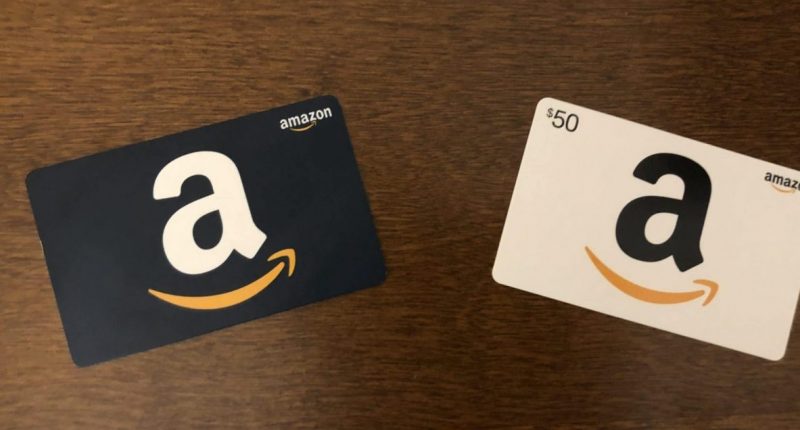Amazon may have to face some dire consequences in India as the joint parliamentary committee (JPC) has expressed frustration over the e-commerce giant’s refusal to attend the meeting about the Personal Data Protection Bill scheduled on October 28. The JPC said it will take coercive action against the company for the same.
Amazon sent a letter to the panel saying it is difficult for the company to attend the meeting on October 28 as its experts cannot travel from abroad to India during a pandemic. The JPC seemed unhappy with the letter and decided if Amazon does not attend the meeting on Oct 28, it will face severe consequences.
The Personal Data Protection Bill was presented by the Indian Ministry of Electronics and Information Technology in 2019. The bill is aimed at providing protection to the personal data of Indian citizens and set up a Data Protection Authority of India for the same. Several experts suggested that this bill could hurt the operations of many tech companies in India.
A Joint Parliamentary Committee was established, headed by Member of Parliament (MP) Meenakshi Lekhi, to analyze the bill in consultation with experts and stakeholders and design a final draft of the bill. As part of this analyzing process, the JPC summons various tech companies, both Indian and foreign, to question them on different subjects related to data storage and asks for suggestions as well.
Meenakshi Lekhi said on Amazon’s refusal, “Amazon is doing huge business in India … If it doesn’t appear before the committee, coercive action may be initiated against it”. Members of the JPC also said that if immediate action is not taken against Amazon, then more companies and individuals will try to skip meetings with a parliamentary committee in the future.
Meanwhile, other tech giants such as Facebook, Google, Twitter and Paytm have also been summoned by the JPC in order to discuss the Personal Data Protection Bill. Facebook representatives, including its policy head Ankhi Das, appeared before the committee today and answered the grueling questions from them. Facebook was grilled on topics like the portability of data, advertisement revenue generated from India and corporate tax paid by the company in India.
A person familiar with the matter said, ” “To the question of advertisement revenue being generated by Facebook in India, the representatives of the company did not have an answer. JPC members were not satisfied or happy with the replies of the representatives of the companies and they have been asked to submit a written reply. The JPC had asked them to submit all the replies in one week but they have asked for two weeks.”
The committee also raised questions over Facebook’s data protection and data portability policies. The JPC pointed out that while Facebook, Whatsapp and Instagram have millions of users in India, the company still stores all these users’ data outside the country. They also questioned Facebook’s corporate tax filings, to which the social media giant was not able to answer satisfactorily.
A Facebook spokesperson said in a statement, “We deeply appreciate the opportunity to discuss data regulation issues with the Hon’ble Members of Joint Committee on the Personal Data Protection Bill. We believe that India’s data protection law has the potential to propel the country’s digital economy and global digital trade, and we wholeheartedly support this effort. That is why we deeply appreciate being a part of this discussion and will continue to work alongside governments and regulators to find the right solutions which not only protect users’ privacy but are also interoperable with other major global privacy regulations.”
Twitter has been asked to appear before the JPC on October 28, while Google and Paytm will answer to the committee on October 29.
